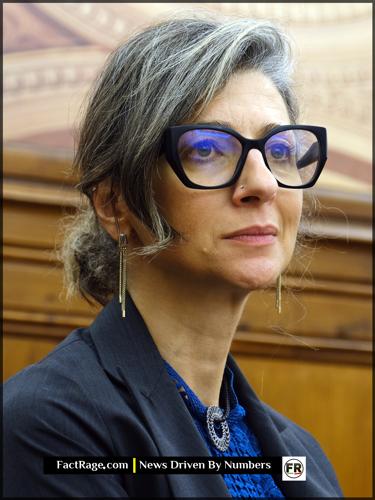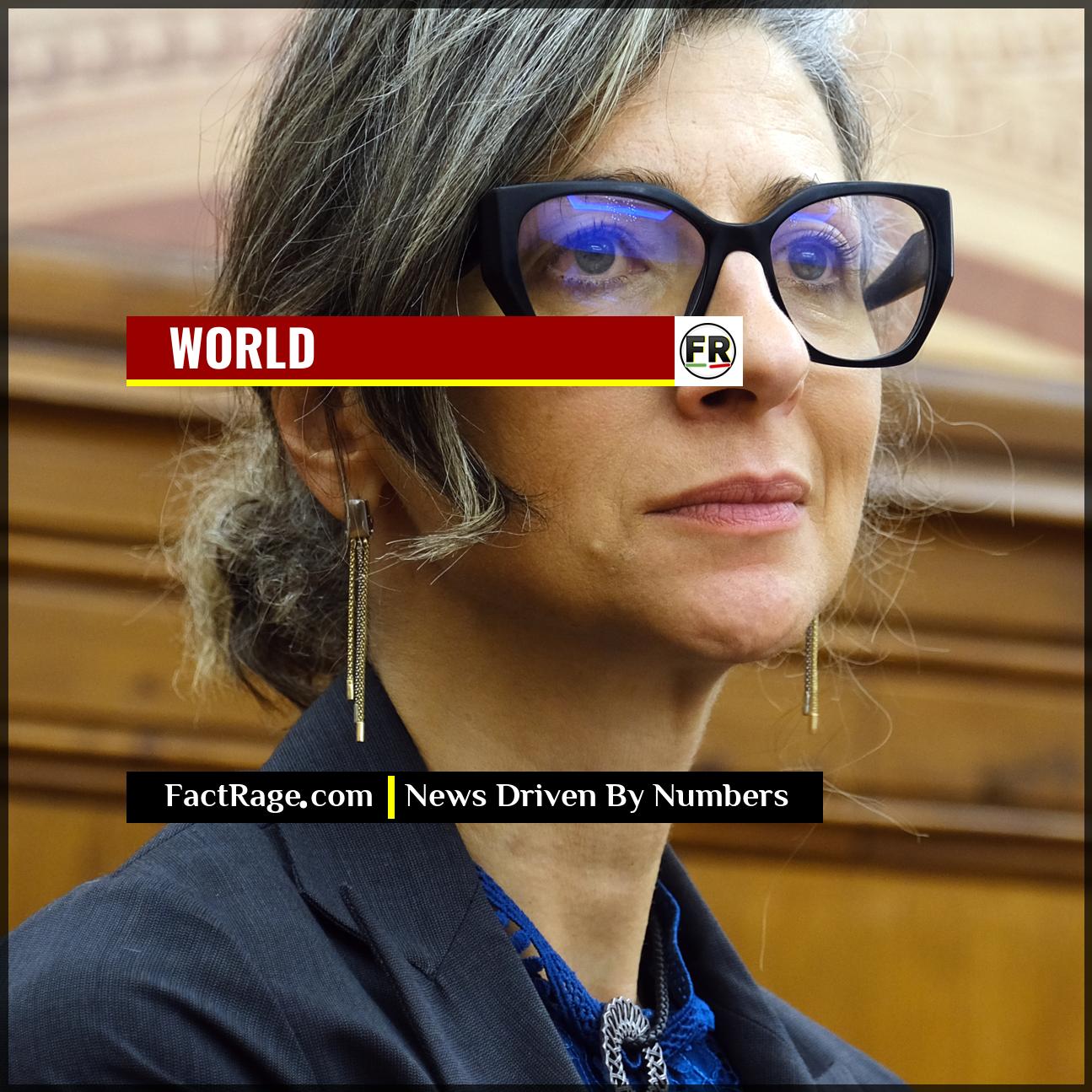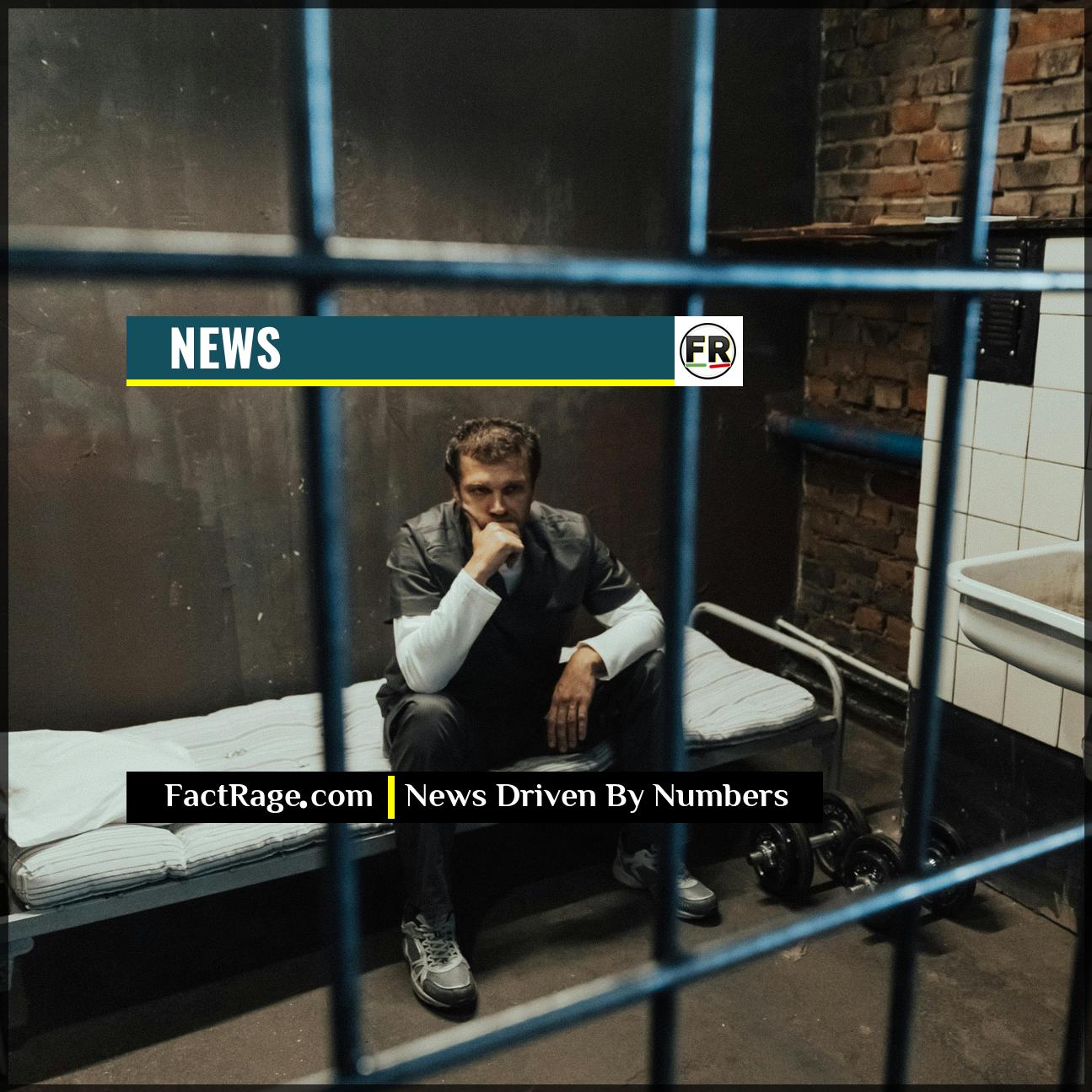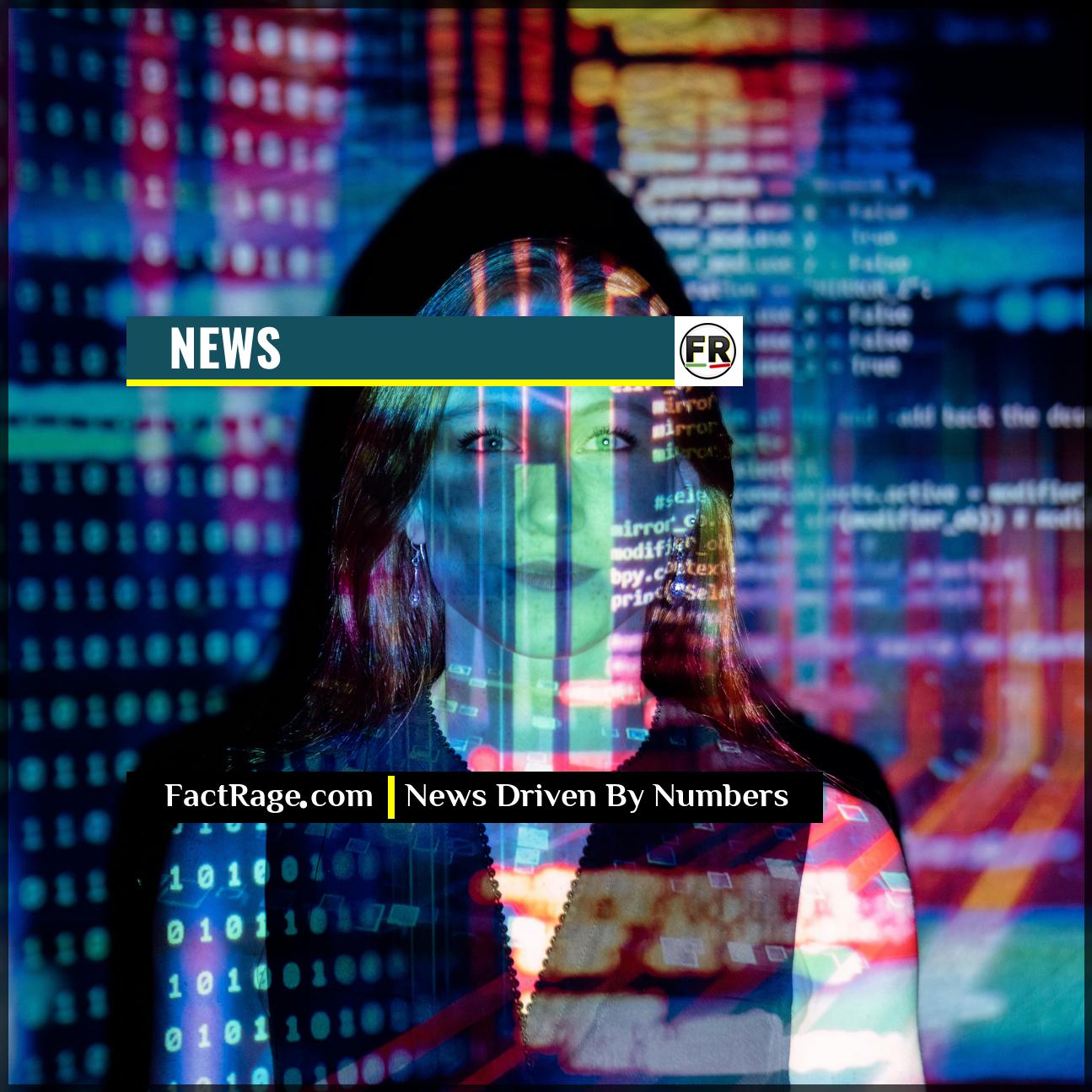GENEVA, SWITZERLAND – The work of Francesca Albanese, the United Nations Special Rapporteur for the Palestinian territories, has ignited a significant diplomatic controversy, prompting questions about the nature of her mandate and the content of her reports.
- Role & Mandate – Francesca Albanese is an independent expert appointed by the UN Human Rights Council to monitor and report on the human rights situation in the Palestinian territories occupied since 1967.
- Controversial Reports – Her reports have included controversial legal analyses and language, such as the application of the term “apartheid” and allegations of acts of genocide, which have been sharply contested by some member states.
- Diplomatic Backlash – As a result of her work and public statements, Israel declared in February 2024 that it would deny her entry, and she has faced public criticism from officials in the United States, Germany, and France.
The debate surrounding Albanese’s tenure highlights the often-fraught intersection of international law, human rights monitoring, and deeply entrenched political conflicts.
Policy, Not Personality: Understanding the Role
![]() To understand the controversy surrounding any UN official, it’s crucial to look past the political theater and focus on the mechanics of their role. The position of a Special Rapporteur is defined by a specific mandate from the UN Human Rights Council, not by personal opinion. The core of the debate lies in whether their actions and reports adhere to, or overstep, the boundaries of that mandate.
To understand the controversy surrounding any UN official, it’s crucial to look past the political theater and focus on the mechanics of their role. The position of a Special Rapporteur is defined by a specific mandate from the UN Human Rights Council, not by personal opinion. The core of the debate lies in whether their actions and reports adhere to, or overstep, the boundaries of that mandate.
Read On…
This article breaks down the official duties of a Special Rapporteur, the specific findings in Albanese’s reports, and the formal reactions from key international players.
What Is the Mandate of a UN Special Rapporteur?

Independent Experts
Special Rapporteurs are not UN staff and do not receive a salary for their work; they are independent experts serving in a personal capacity.
Appointed by the United Nations Human Rights Council (UNHRC) in 2022, Francesca Albanese holds the title of “Special Rapporteur on the situation of human rights in the Palestinian territories occupied since 1967.” The role is not a paid staff position; rather, she is an independent expert tasked with a specific mandate.
An Italian international lawyer and academic, Albanese’s duties include monitoring the human rights situation on the ground, advising on human rights protections, and producing reports for the UNHRC and the General Assembly. What authority does this role carry? A Special Rapporteur can request country visits, communicate with governments about alleged human rights violations, and raise public awareness. However, their power is primarily investigative and advisory. They cannot enforce laws or decisions, but their findings carry weight within the UN system and can influence international policy and legal discourse.
The Reports at the Center of the Controversy
Historical Context
The relationship between various UN bodies and Israel has been historically tense, with this specific mandate—established in 1993—being a recurring point of contention long before Albanese’s appointment.
The primary driver of the controversy surrounding Albanese is the content and language of her official reports. Her work has consistently employed terms and legal frameworks that are highly contentious. For example, she has characterized Israel’s presence in the West Bank and its policies toward Palestinians as meeting the legal definition of apartheid under international law.
More recently, a March 2024 report titled “Anatomy of a Genocide” argued there are “reasonable grounds to believe that the threshold indicating the commission of the crime of genocide” has been met in Gaza. This assertion, along with her previous statements, has been a major flashpoint. Supporters argue she is fulfilling her mandate to report on potential human rights violations as she interprets them under international law. Critics contend her language and analysis demonstrate a predetermined bias and overstep the bounds of objective reporting.
How Nations Have Officially Responded
The reaction to Albanese’s work has been sharp and divided. In February 2024, the Israeli government announced it would formally deny her entry into Israel and the Palestinian territories, with officials accusing her of antisemitism, a charge she denies. This decision effectively prevents her from conducting on-the-ground fact-finding missions central to her mandate.
The criticism extends beyond Israel. The United States has described her mandate as “one-sided” and “biased against Israel,” a long-standing position for the U.S. regarding this specific rapporteur role. Officials from other nations, including Germany and France, have also publicly rejected her use of the term genocide in her reports. Conversely, the Office of the UN High Commissioner for Human Rights (OHCHR) has defended the work of its independent experts, while nations like Pakistan and Qatar, along with various human rights organizations, have voiced support for Albanese, arguing she is being unfairly targeted for holding Israel accountable to international law.
The Mandate and the Firestorm
![]() The case of Francesca Albanese illustrates a recurring dynamic in international relations: the clash between a human rights mandate and the political realities of a sovereign state. Her work, and the intense reaction to it, becomes a data point in the larger equation of the UN’s influence and the limits of international oversight in entrenched conflicts. Ultimately, evaluating the situation requires a close reading of the mandate, the reports, and the specific diplomatic responses they provoke.
The case of Francesca Albanese illustrates a recurring dynamic in international relations: the clash between a human rights mandate and the political realities of a sovereign state. Her work, and the intense reaction to it, becomes a data point in the larger equation of the UN’s influence and the limits of international oversight in entrenched conflicts. Ultimately, evaluating the situation requires a close reading of the mandate, the reports, and the specific diplomatic responses they provoke.













